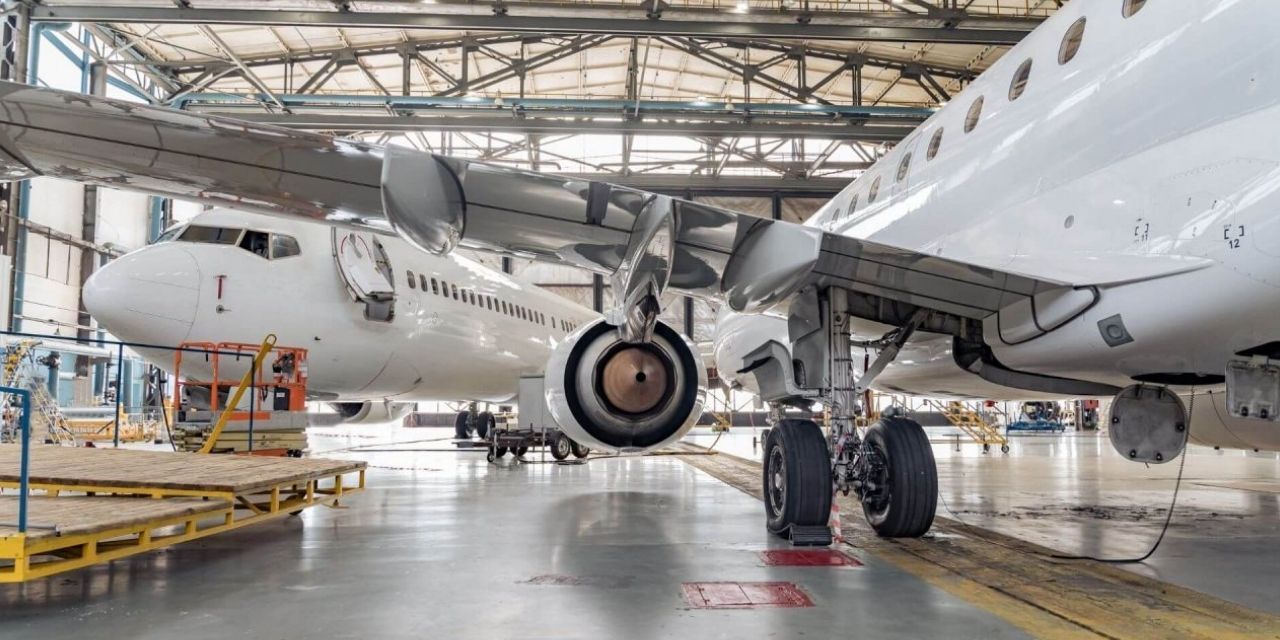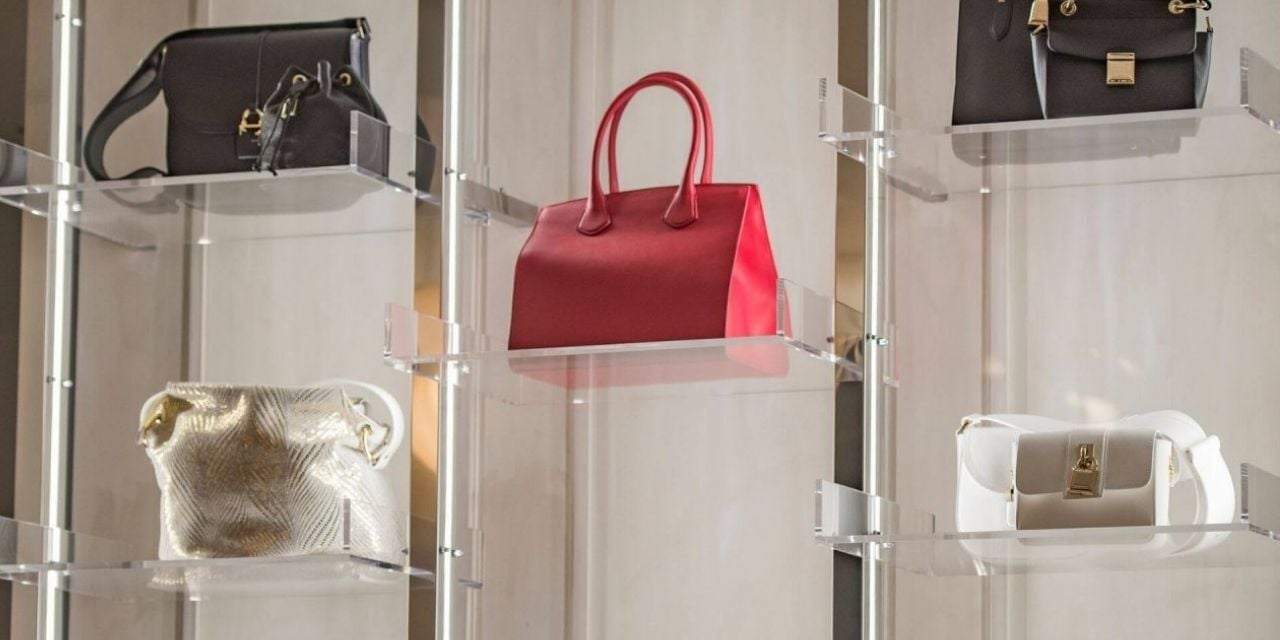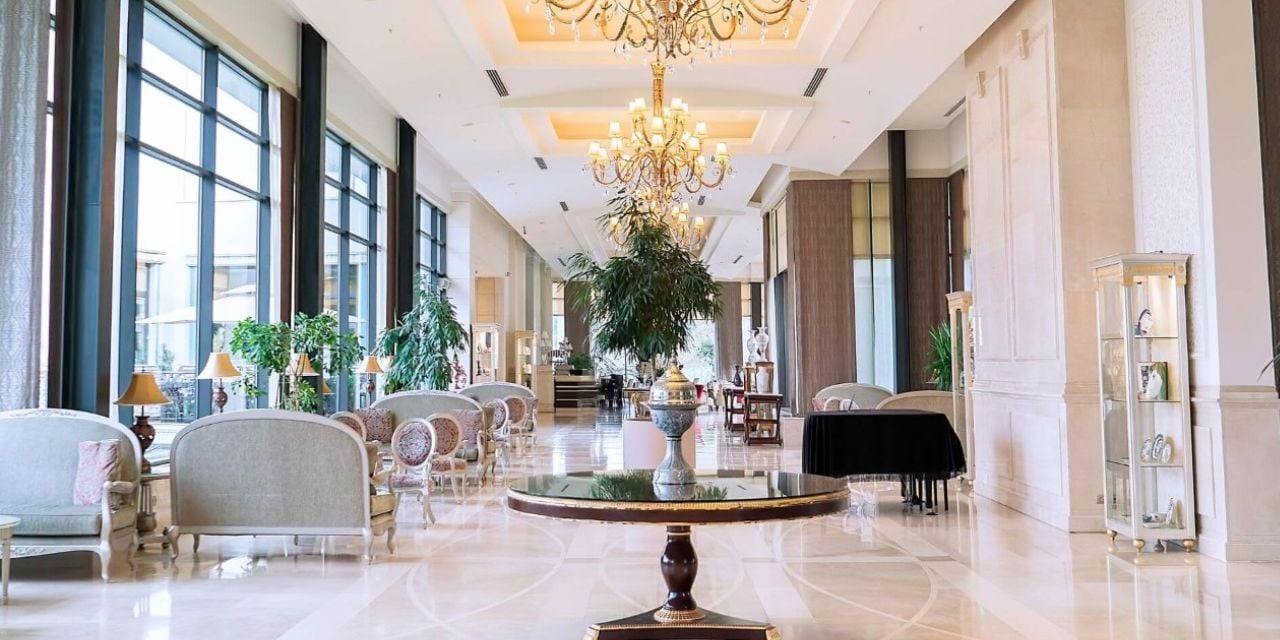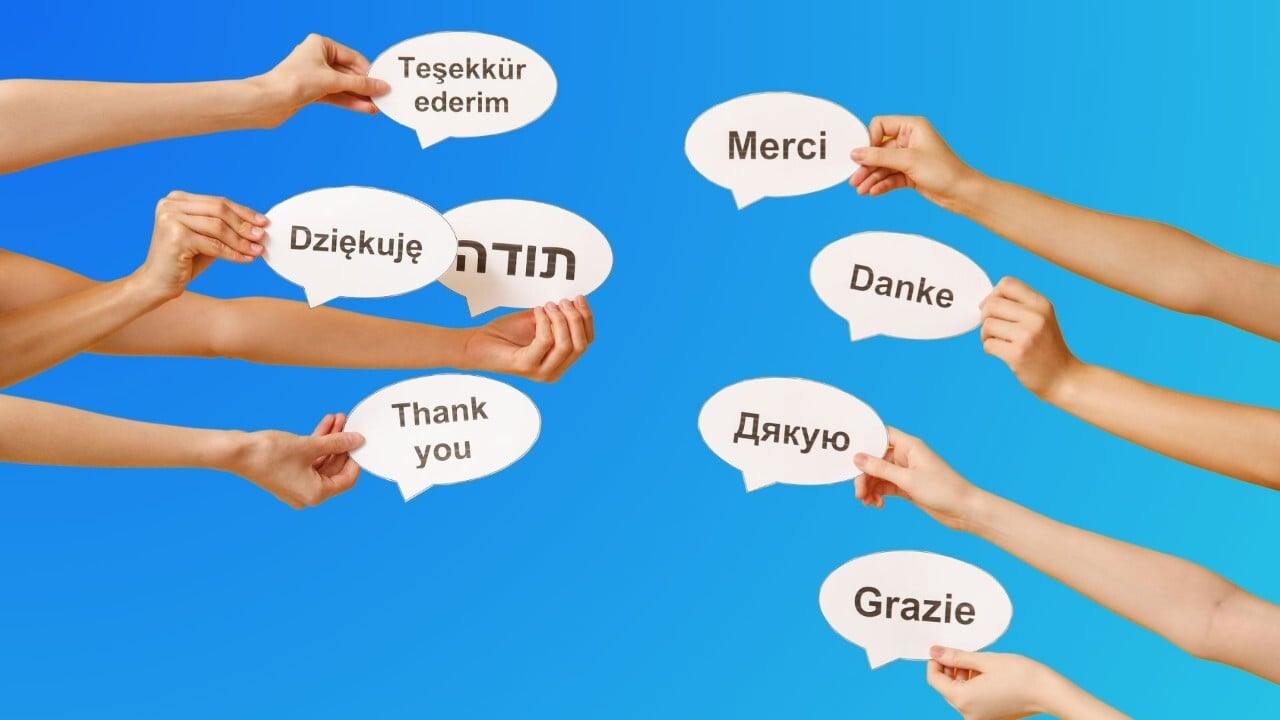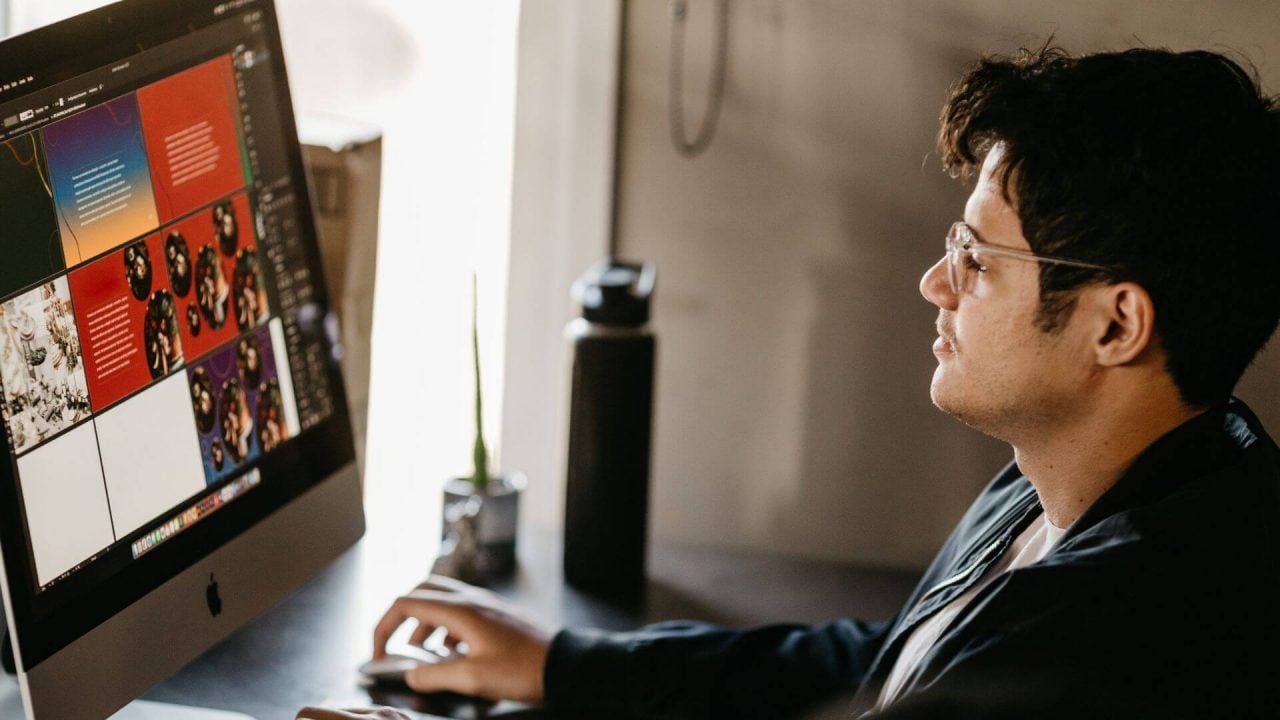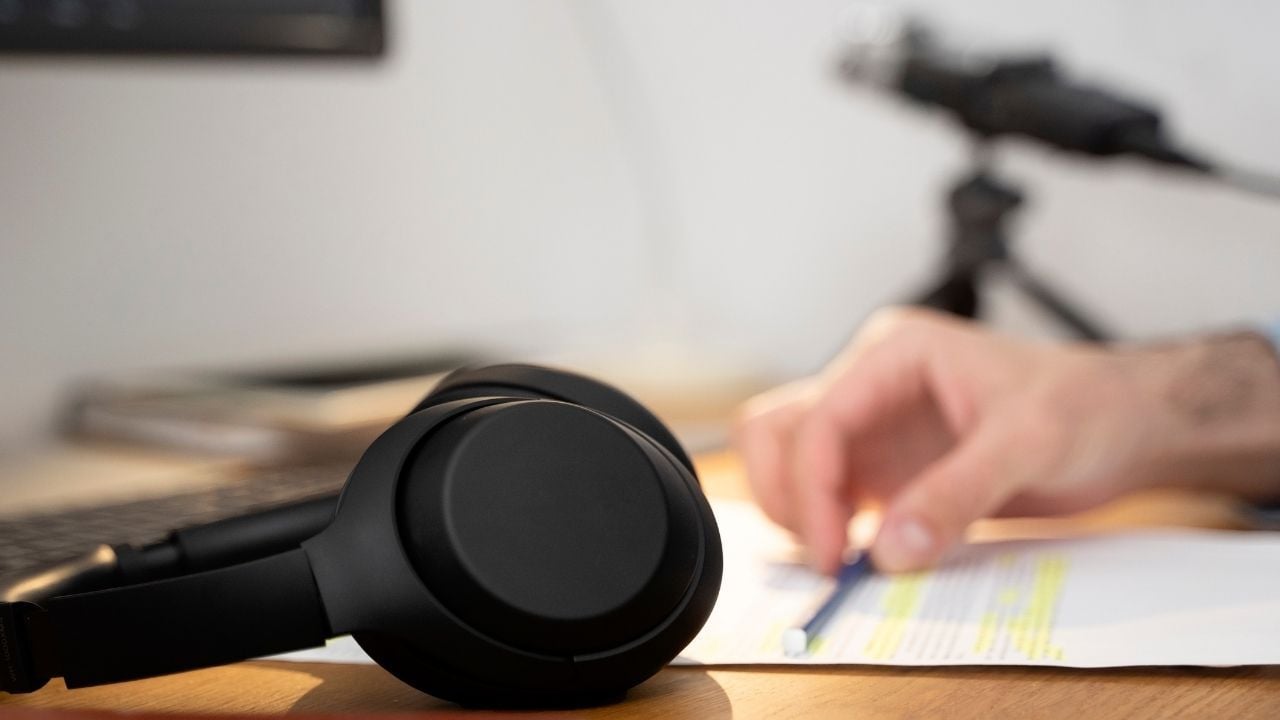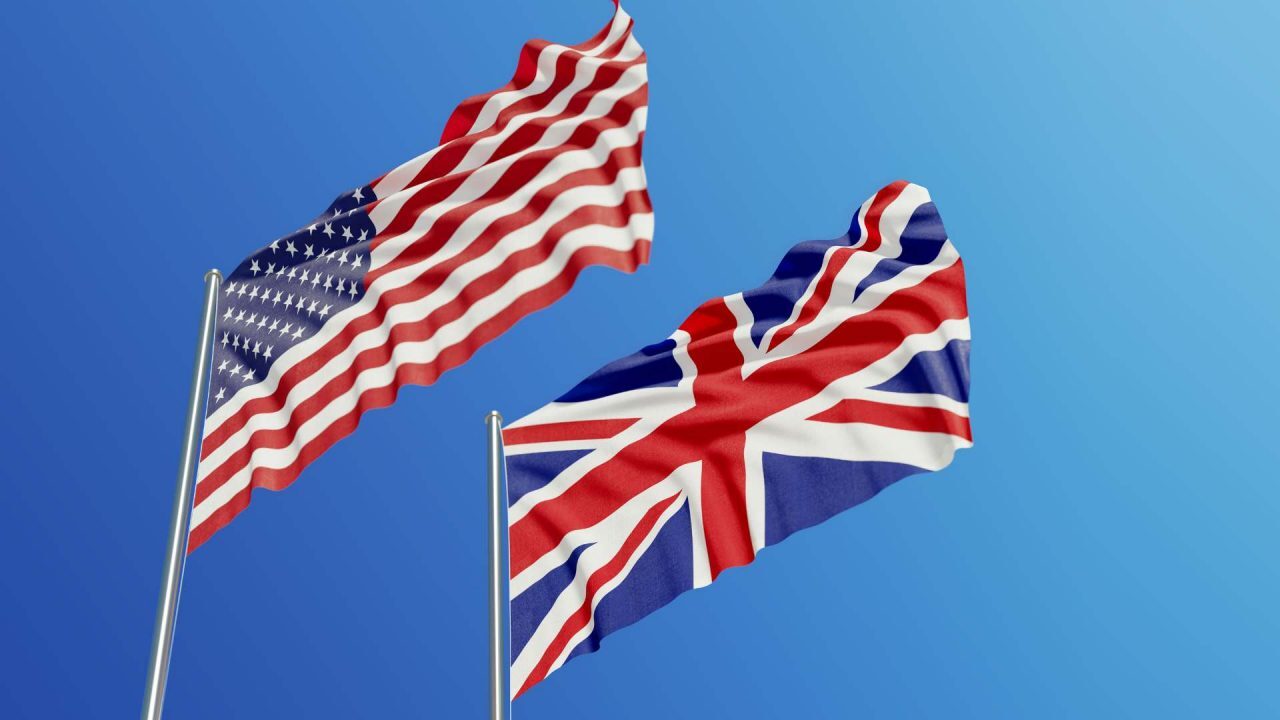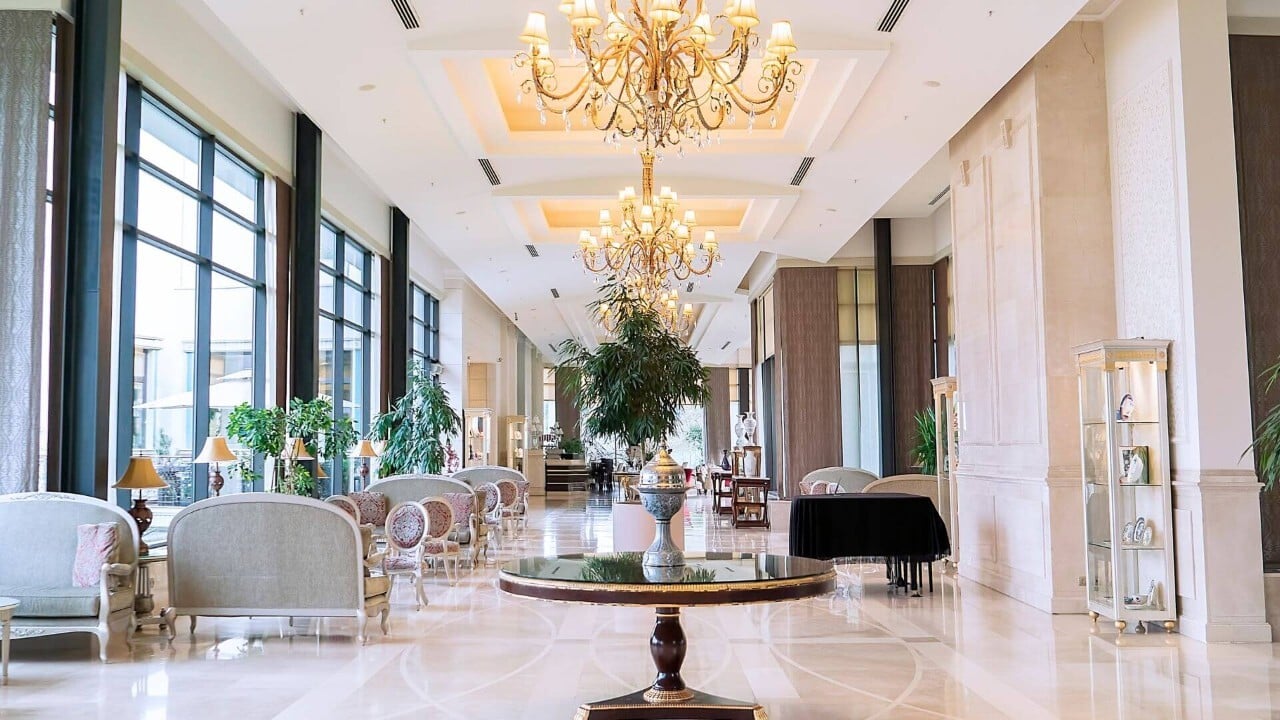Translation is the art of transferring meaning from one language to another in such a way as to create natural-sounding copy that is faithful to the original. And while style and register are important for any translation, this is all the more true in the luxury industry.
Finding the right word or turn of phrase
Luxury is a unique industry that stands out for the key concepts that define it. Excellence, tradition and know-how are just a few of the cornerstones of luxury brands, so when it comes to professional translation and copywriting, the importance of these concepts needs to be reflected in the language used across its various communication platforms. The whole identity of the House is at stake. The high-end nature of the products or services offered by these brands should be evident from the very first sentence, while avoiding pompous language or an excessively lofty tone.
This requires not only an expressive and eloquent writing style, but also the ability to choose the right words. There is some basic terminology to be familiar with, a sort of lexicon of luxury terms, which may vary from brand to brand, but which includes words that tend to be used across the industry as whole. For example, luxury brands tend to refer to themselves as a “house” or “maison” rather than “company”, and some of them will make “timepieces” instead of “watches”. Adjectives such as “exclusive”, “exceptional”, “emblematic” and “timeless” are also preferred. These words convey all the prestige associated with luxury.






















